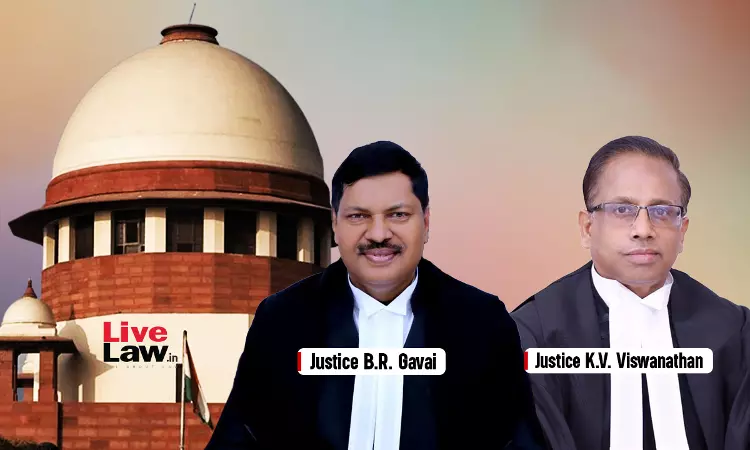Preventive Detention A Harsh Measure, Permissible Only When 'Public Order' Disturbed : Supreme Court
Debby Jain
12 Dec 2024 6:28 PM IST

In the judgment, the Court explained the difference between "public order" and "law and order".
Next Story
12 Dec 2024 6:28 PM IST
